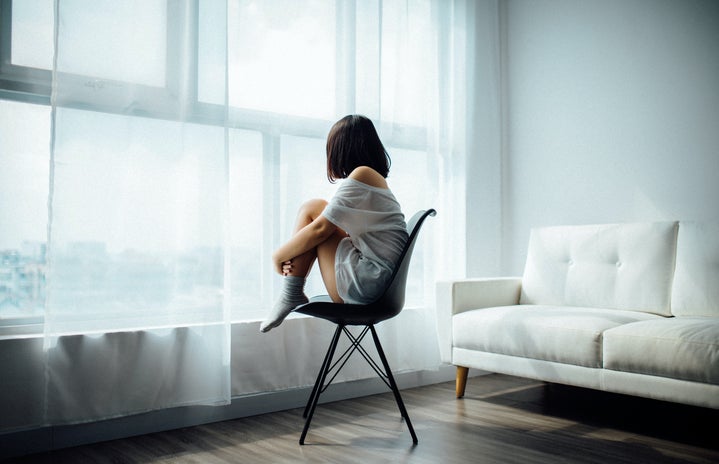As Daylight Savings Time rolls upon us again, many of us dread the cold weather, limited sunshine, and of course the same ‘friend’ that comes knocking on our door around this time of year seasonal depression. For many of us, this lack of sunlight causes depressive symptoms like lack of motivation, fatigue, low appetites, stress, and a depressive mood.
What exactly is Seasonal Depression?
According to Mayo Clinic, Season Affective Disorder, also known as Seasonal Depression, is “A form of depression that affects people during the fall and winter months due to a lack of daylight.” According to Mayo Clinic, SAD is caused primarily by the lack of light which messes with our internal clock, mixed with the potential change of serotonin and melatonin which all ultimately affects our mood and sleep.
How can I help with my Seasonal Depression?
Mayo Clinic offers many effective and easy ways to help us through these difficult few months. First, and one of the most popular treatments on our list is light therapy. You can find a light therapy lamp online in many places, but of course check in with your doctor to see what’s best for you. Light therapy is simply sitting close to a light box within the first hour of waking up. This mimics the natural light we would typically get during the sunnier days of the year.
The second thing on our list is psychotherapy.Talking to a therapist, or any psychology professional can definitely help. They can help you identify underlying problems you may be having, they can help manage stress, show you healthy coping mechanisms, and honestly they can be there if you need just sit and talk and cry for an hour straight. Talk to your campus health center about any therapy options they may have!
Mayo Clinic’s last suggestion are just forms of self care. Making sure you’re active, getting enough rest, eating, journaling, and all that good stuff, can be just as helpful as all of the other and more intense ways of helping with your Seasonal Depression.
If you or someone else is struggling with mental health, visit the Suicide & Crisis Lifeline or call 988. In case of an emergency call the National Helpline at 1-800-662-HELP(4357) or 911.


